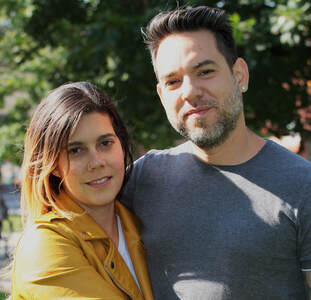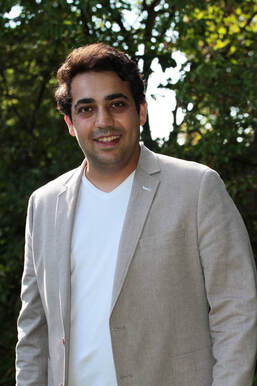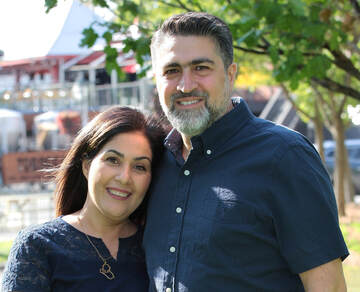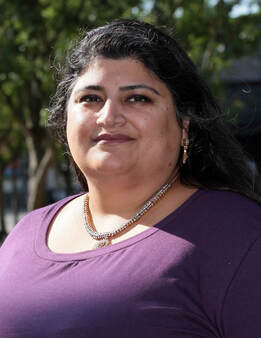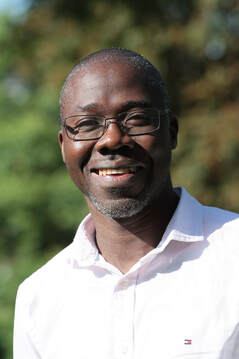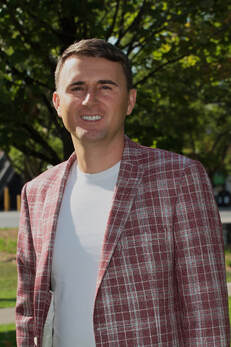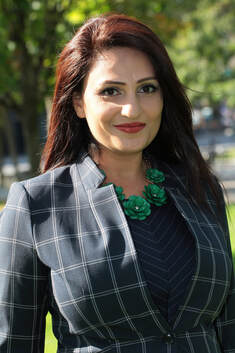I am London 2019
The“I am London 2019” campaign features immigrant entrepreneurs who have compelling stories to tell.
The 'Faces' of London 2019 have set up businesses that provide employment to fellow Londoners and contributed their time, skills, and enthusiasm to improve the quality of life of individuals and communities.
The 'Faces' of London 2019 have set up businesses that provide employment to fellow Londoners and contributed their time, skills, and enthusiasm to improve the quality of life of individuals and communities.
